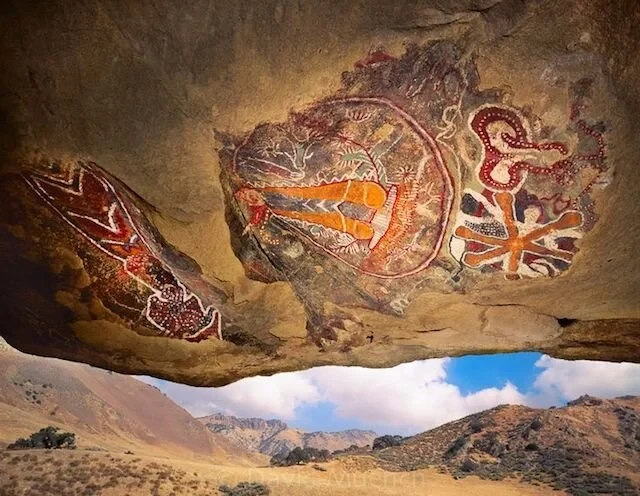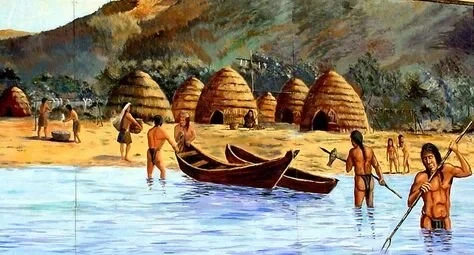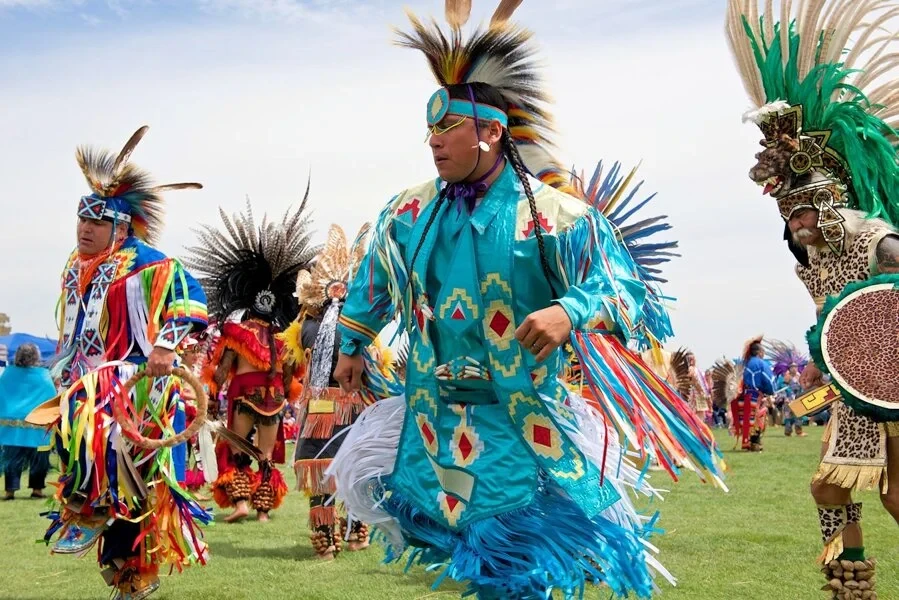Chumash Day pays homage to the rich and intricate heritage of the Chumash people who once dwelled in the Malibu region. This two-day festivity, taking place on April 1-2, serves as a grand opportunity for visitors from across Southern California to convene at Malibu Bluffs Park and learn about Chumash people and culture.

As the original inhabitants of the Malibu region, the Chumash have a rich history and culture that revolves around the ocean and the surrounding landscape. Chumash Day is an opportunity to celebrate and learn about this significant part of Malibu's past.
The day usually begins with a sunrise ceremony, where people gather to watch the sunrise and pay respects to the Chumash people's ancestors. A variety of performances and events highlighting Chumash heritage then take place throughout the day.
One of the most popular events at Chumash Day is the tomol crossing. Participants paddle a tomol, a traditional Chumash canoe, from the mainland to an offshore island and back. This celebration attests to the Chumash people's exceptional navigational abilities and ancient cultural ties to the sea.

Chumash Day also features performances of traditional Chumash music and dance, as well as tales and displays of Chumash handiwork such as basket weaving and beadwork. Visitors to the event can also learn about the Chumash language and the medicinal plants that the Chumash have used for centuries.

Connecting with other Chumash people and hearing their stories is a core element of Chumash Day. This is a rare opportunity to interact with modern-day Chumash people firsthand and gain insight into their rich history and culture.
There has been renewed effort in recent years to preserve the Chumash people's cultural heritage. The celebration of Chumash Day is just one of many initiatives taking place to ensure that this crucial chapter in Malibu's past is not lost to time.
Chumash Day in Malibu is a great chance to learn more about the Chumash and celebrate that heritage. It serves as a potent reminder of the lasting legacy of the original inhabitants of this land.